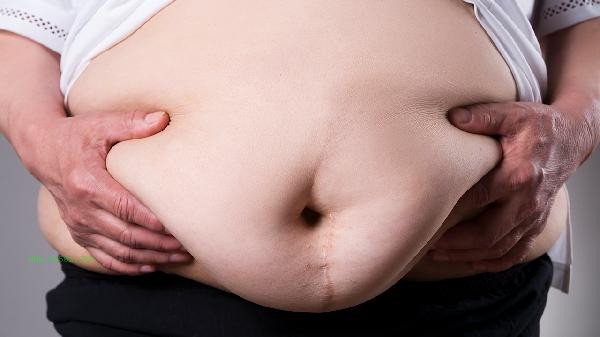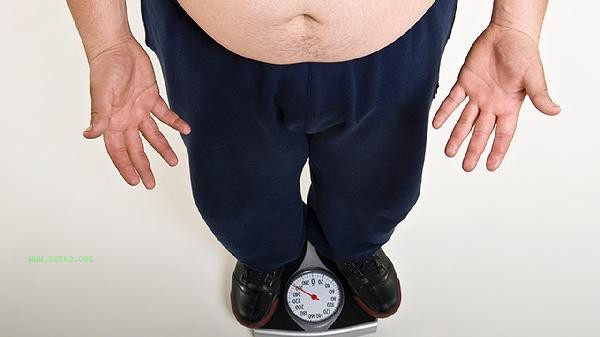During dieting and weight loss, key nutrients can be supplemented through eggs, deep-sea fish, green leafy vegetables, low sugar fruits, and multivitamins. The main nutritional gaps include protein, unsaturated fatty acids, dietary fiber, vitamins, and minerals.

1. Eggs:
Each egg contains 6 grams of high-quality protein and all essential amino acids. Choline in the yolk helps with fat metabolism. Boiled or steamed eggs are the best way to retain nutrients, with 1-2 eggs per day meeting basic metabolic needs and avoiding muscle loss. Lactose intolerant individuals can choose eggs as a substitute for dairy products to supplement calcium.
2. Deep sea fish:
Salmon and sardine are rich in Omega-3 fatty acids. Taking 200g per week can reduce the inflammatory reaction caused by diet. Steamed cooking preserves DHA and EPA, and is paired with lemon juice to enhance iron absorption. Choosing water soaked canned fish is more conducive to controlling heat.
3. Green leafy vegetables:

Spinach and kale contain vitamin K and folate, and blanching and cold mixing can reduce oxalic acid. 300 grams of dietary fiber per day can delay hunger, and the magnesium element can alleviate anxiety during dieting. Suggest pairing with olive oil to promote the absorption of fat soluble vitamins. 4. Low sugar fruits: Berries such as blueberries and strawberries contain anthocyanins and antioxidants, with 100 grams per day meeting vitamin C requirements. Eating apples with their skin on increases pectin intake, and consuming them before meals can reduce blood sugar fluctuations. Avoid fruit juice to prevent excessive sugar content.
3. Compound vitamins:
Choose a compound preparation containing B vitamins, zinc, and selenium, and take it after meals to increase absorption rate. It should be noted that vitamins A and D are fat soluble, and excessive supplementation may accumulate toxicity. It is recommended to supplement the physical examination data in a targeted manner to avoid overlapping with high-dose single nutrient preparations.
During long-term calorie control, it is recommended to adopt an intermittent carbon supplementation strategy, selecting 1-2 days per week to increase the carbon water ratio to 40%, and preferably using slow carbon such as brown rice and oats to maintain leptin levels. Cooking is done using low-temperature stir frying or steam methods, while retaining the nutrients of the food and controlling the addition of oil. Drink 2000ml or more of water daily, and add lemon or cucumber slices to enhance the flavor. Maintaining sleep for more than 7 hours can help regulate ghrelin hormone and reduce the risk of binge eating. If severe malnutrition symptoms such as hair loss and amenorrhea occur, extreme dieting should be stopped immediately and medical evaluation should be sought.





Comments (0)
Leave a Comment
No comments yet
Be the first to share your thoughts!